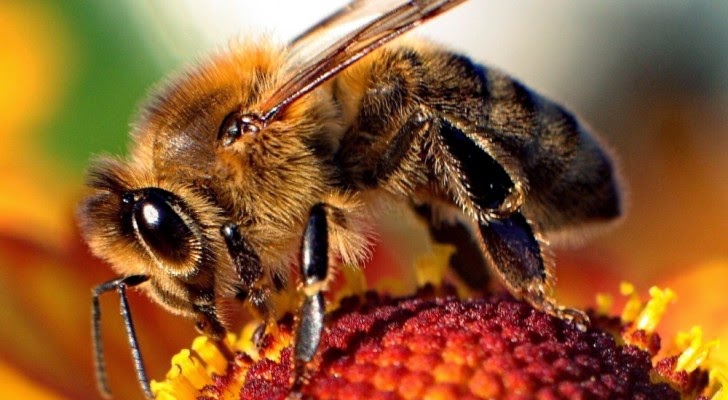This Small Change Increased Bee Populations by 45%

We’ve known for years that bee populations all across North America and Europe are collapsing at an alarming rate.
Our very existence relies on the tiny buzzing creatures, as we explained in Will the Extinction of Bees Really Mean the End of Humanity?
This is a huge threat to our food supply. One-third of all the food we eat comes from plants that are pollinated by insects, and 80% of those crops are pollinated by bees. It also has big implications for our meat supply as well: plants (like alfalfa) that feed animals are pollinated by bees.
The largest international survey of insect pollinators found that just 2 percent of wild bee species now account for 80 percent of global crop pollination.
Put bluntly, if all the bees die, humanity will follow.
There is one place where bee populations are growing and flourishing – Amsterdam, the capital city of the Netherlands.
According to a recent report from NBC News, the diversity of wild bee and honeybee species in the Dutch capital has increased by 45 percent since 2000!
The city of 2.3 million people attributes the success to creating bee-friendly environments like the overgrown, sunburnt patch of shrubs that commuters pass by daily.
The installation of “insect hotels” and a ban on the use of chemical pesticides on public land also appear to have played a role.
Geert Timmermans, an ecologist who works for the city, explained that four years ago, Amsterdam set a goal to convert half of all public green spaces to native plants. He added that residents and local businesses are provided with information on how to avoid using pesticides and the use of alternative treatments:
…click on the above link to read the rest of the article…